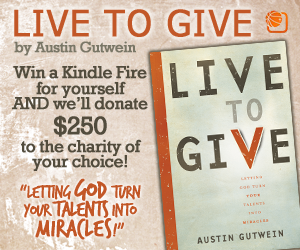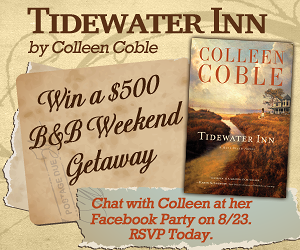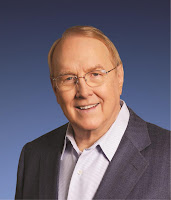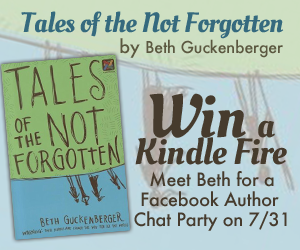
Want to do something for God but don’t know what? Want to help others but don’t know who? Want to know what it is you’re really good at doing? Your gifts may feel small and insignificant. But God can use them to work a miracle! Inspired by the biblical story of the feeding of the 5,000, “Live to Give” delivers a message of hope that we all have something to give. Written in the down-to-earth, candid voice of the gifted young man who as a kid founded a relief ministry that has saved and improved countless lives in Africa, “Live toGive” is the message that every teen needs to hear: You are more special than you know, and you can do big things. Jesus proved that no gift is too small when He used five loaves and two fish tofeed a crowd of thousands. And if no gift is too small, too ordinary, or too random, there is no limit to what the youth of today can accomplish! A teenage philanthropist who has built a high school, two medical clinics, and a dormitory in Africa—all before the age of 16—Austin Gutwein shares how totake what may seem like the simplest of talents, gifts, and interests and use them for something Jesus can use to move mountains. Link to buy the book (not my affiliate link)
MY REVIEW:
I thoroughly enjoyed reading Live to Give. The author, Austin Gutwein, is only 18 but has already made an incredible difference in our world. Live to Give is written to young people, but really, anyone regardless of age will be inspired by this book. Live to Give is now going to be required reading for my teenagers.
Meet Austin: As founder of Hoops of Hope, Austin started what is now known as the worlds largest Free-Throw marathon. Austin’s Hoops of Hope has raised more than $2.5M to help orphan children in Africa. Austin also serves as Co-Chair of Arizona Governor Jan Brewer’s Youth Council. As a highly sought after speaker, Austin has spoken and shared his heart in venues around the world. In 2009, Austin was selected into the Caring Hall of Fame as one of the top 10 most caring Americans. Austin’s first book, “Take Your Best Shot” shared stories that captured readers hearts and won a Moonbeam Award. For information on booking Austin or general inquiries, please visit austingutwein.com.
Here’s a video of an interview with Austin.
Austin’s new book Live to Give is about “Letting God Turn Your Talents into Miracles”! Celebrate with him by entering his “Get and Give” Campaign – you could win a Kindle Fire for yourself AND Litfuse will donate $250 to the charity of your choice!
See what people are saying about Live to Give.
- A Brand New Kindle Fire with Wi-Fi
- Five copies of Live to Give by Austin Gutwein
- $250 donated on the winner’s behalf to the charity of their choice
Hurry, the giveaway ends on 8/25/12. The winner will be announced on 8/27/12 on the Live to Give Landing Page! Just click one of the icons below to enter. Tell your friends about Austin’s giveaway on FACEBOOK or TWITTER and increase your chances of winning.

















